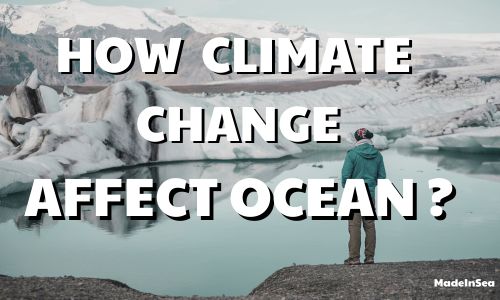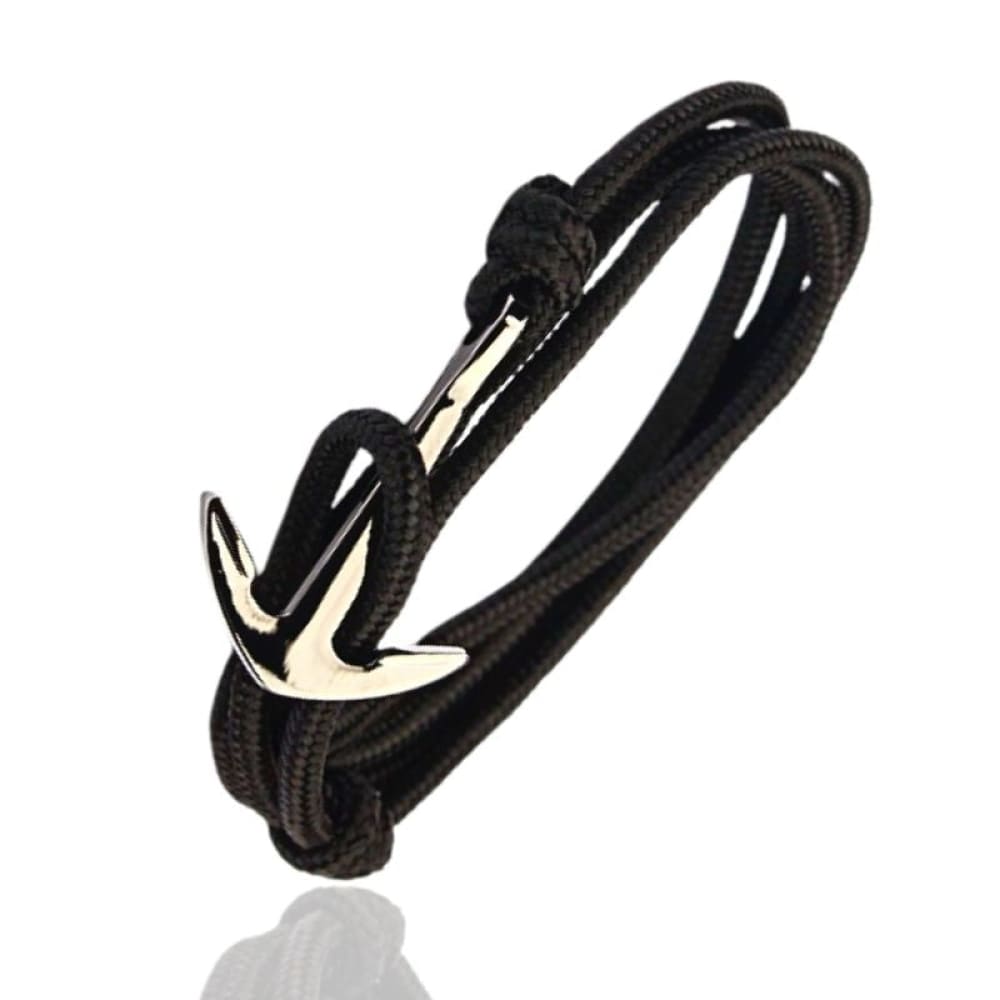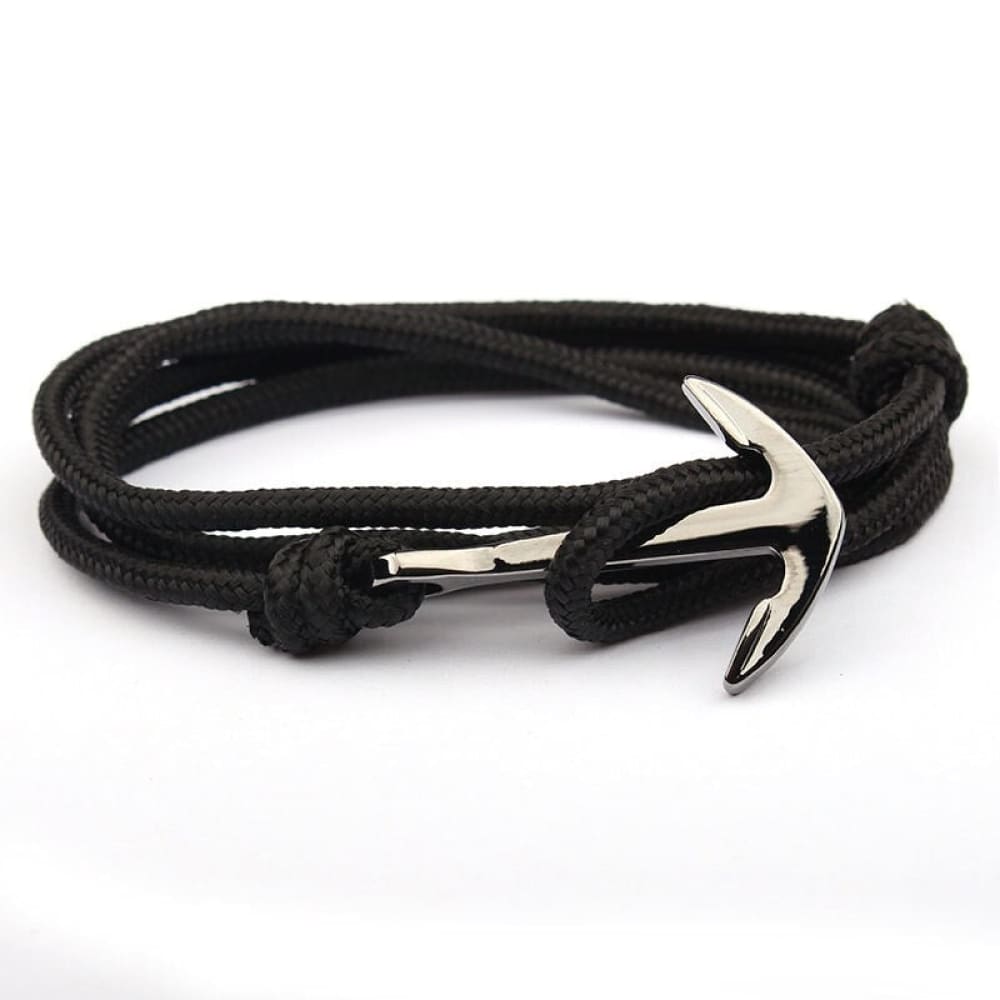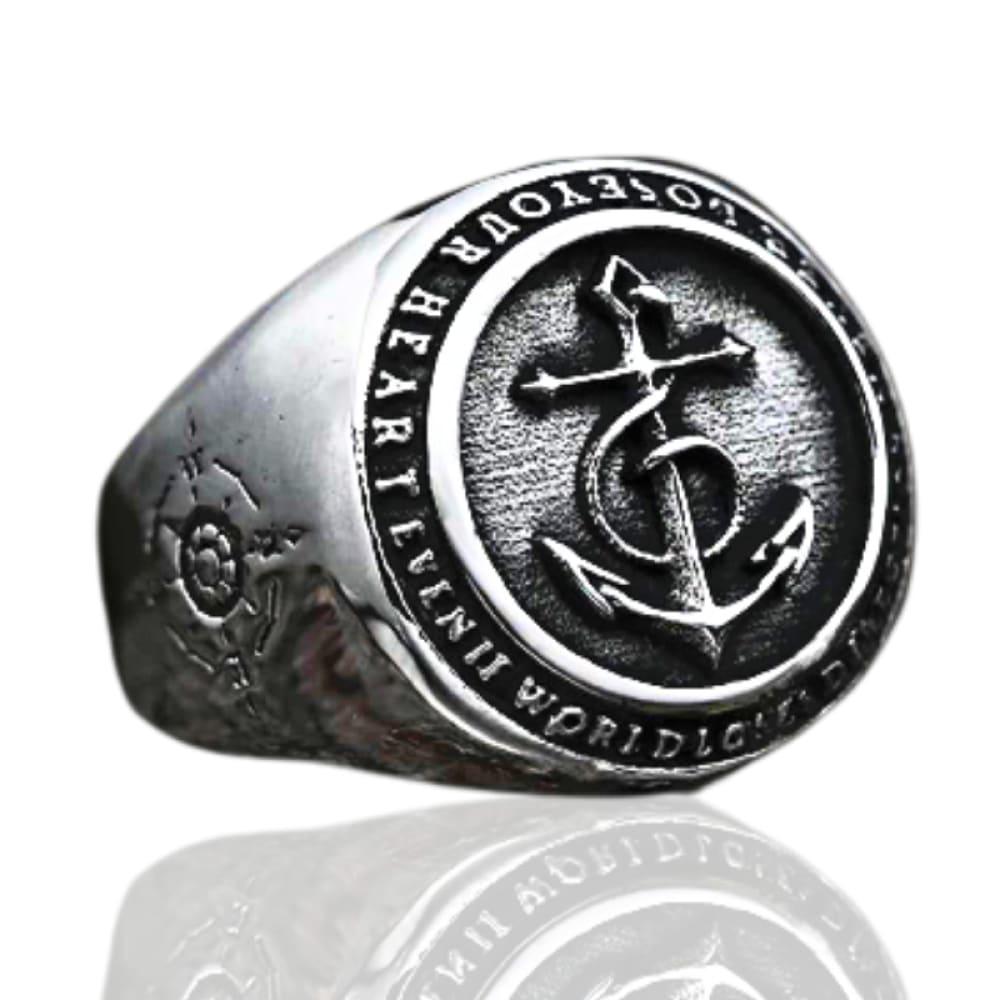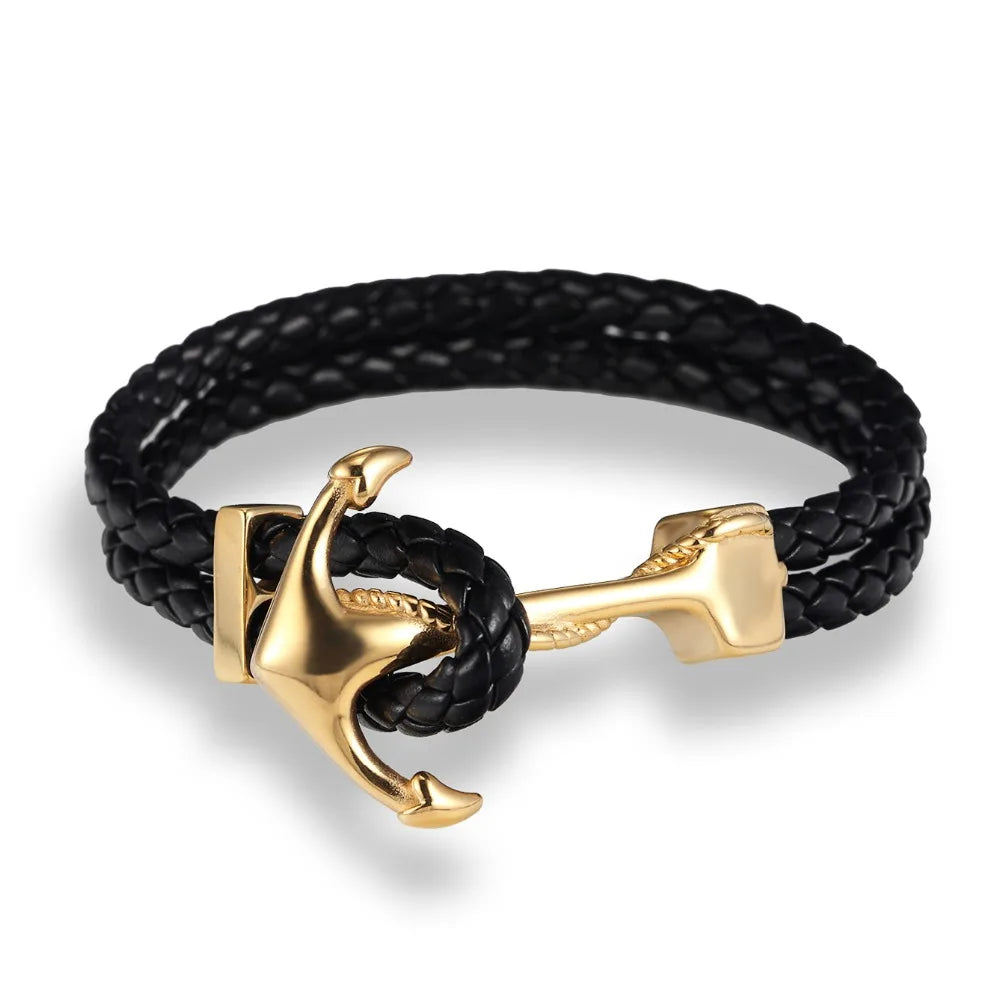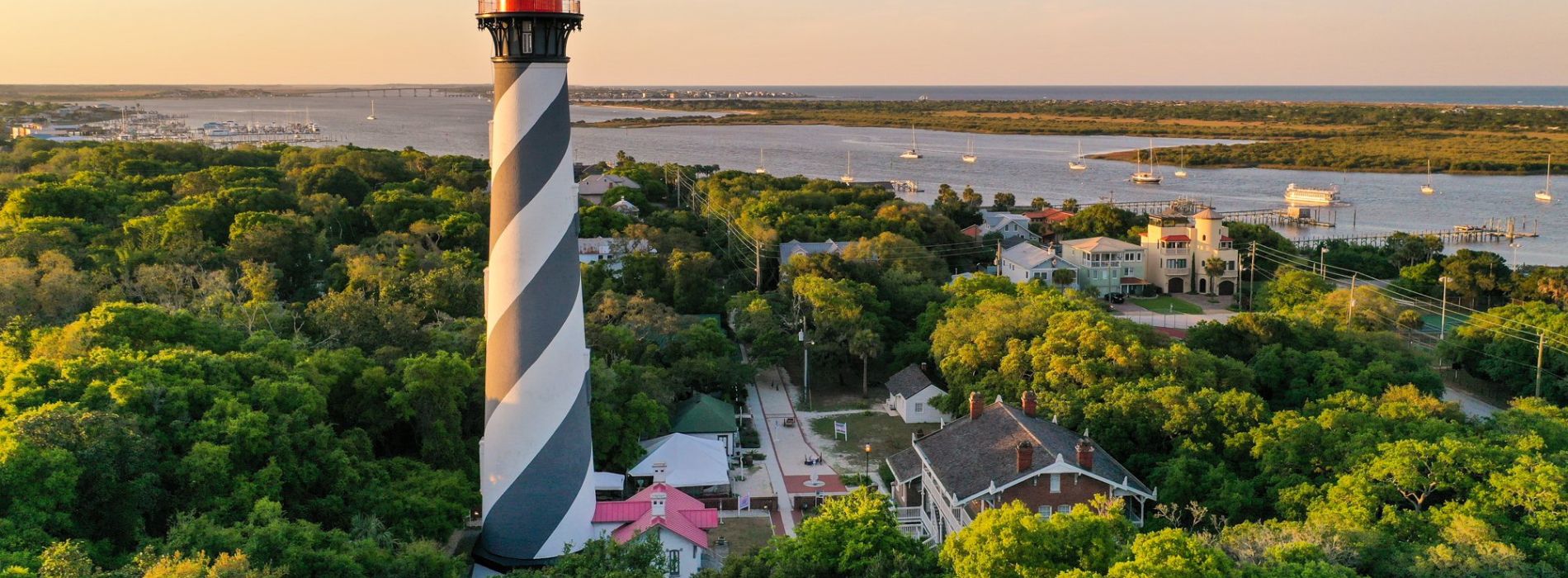Here’s how climate change affect our sea world :
- Ice-melting
- Sea-level rise
- Marine heatwaves
- Loss of marine biodiversity
For most people, we neglected to take action for our ocean. Here what it is currently doing. Knowing that more we continue to rise up our gas emissions, more they ocean is going the get hit with consequences. They ocean in facts take actually 90% of the heat damage of the C02. This gas emissions is the currents cause of our sea world heating. The heating itself causes ice-melting, sea-level rise, marine heatwaves and ocean acidification. Now let’s dive into theses problems…
1. Ice-melting

What’s ocean melting?
It is the reaction of a solid molecule of ice transforming his proprieties to liquid molecule due to heating
How is it a problem ?
Firstly, this issue causes animal to loose their habitats as well as their food. Fishes will move away as the water is it gets hotter. This will forced species constant change and adapt the a newer environment. Unfortunately some of them will not be able to adapt drastically and will eventually die . Everybody seens they sad picture of polar bear starving and looking not in is best shape. Not only it impacts thousands of animal’s life, but it will also make the ocean suffer, here why…
2. Sea-level rise

What is sea level rise?
Like stated in his name , this cause is actually and accumulation of excessive water.
How is this a problem?
This event leads the ocean taking more territory over the coast and sometimes cause temporarily flood, erosion, landslide and even storms. As well, it forms unbalanced water, as the sea water becomes looses their saltiness because of the fresh water. This will also impact sea life, as cold water mix with warmer water will disturb the environment.
3. Marine heatwaves
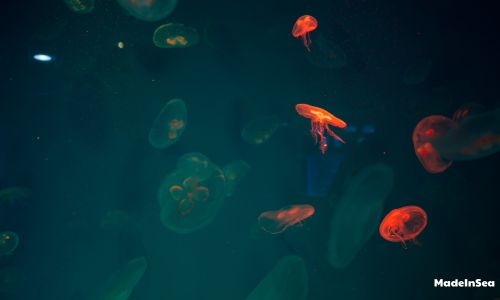
What’s marine heatwaves ?
They are periods of persistent anomalously warm ocean temperatures caused by gas emission or CO2.
How is that a problem?
This event cause the deaths of thousands marine species, influence their migration patterns, lead the coral reefs to bleach and even impact weather patterns. As stated before the main problem is for animal to adapt to constant change of the environment and survive. The issue is that us, human, need fishes to eat everyday to eat. As well as we need coral to keep the food chain going. Now, let’s learn a little more about the impact on the biodiversity.
4. Loss of marine biodiversity

What is the problem?
The rise of temperature will continue increasing which will risk a loss of marine and coastal ecosystems. Because coral reef is the most important target, it will drastically impact the underwater food chain. The coral take the place as the bottoms of the food chain, they feed fishes, and fishes or crucial for our lives.
4.1 Interesting statistics
The latest estimates from the UN Educational, Scientific and Cultural Organization warn that more than half of the world’s sea animals may face extinction by 2100. If we increase temperature an only 1.1°C now, an estimated 60 percent of the world's marine ecosystems will already degrade or will be used unsustainably. Increasing to 1.5°C could kill 70 to 90 percent of coral reefs. Finally at 2°C , we could see a 100% extinction of all species, and this, with no point of returns !
If you want to learn more about marine biodiversity, click here !
In conclusion, the climate change can affect our ocean by potential extensions and natural disasters. We must act if we want to preserve our ocean life !
We hope you have enjoyed reading this article and learned a few things on the ocean world. If you liked it and are interested in learning more about sea actuality, feel free to subscribe to our newsletters , you will receive a 20% discount and will be notified via email of our newest beautiful jewelry pieces !
Feel free also to check out our store , we provide the best content on the sea world and nautical jewelry around the globe !

